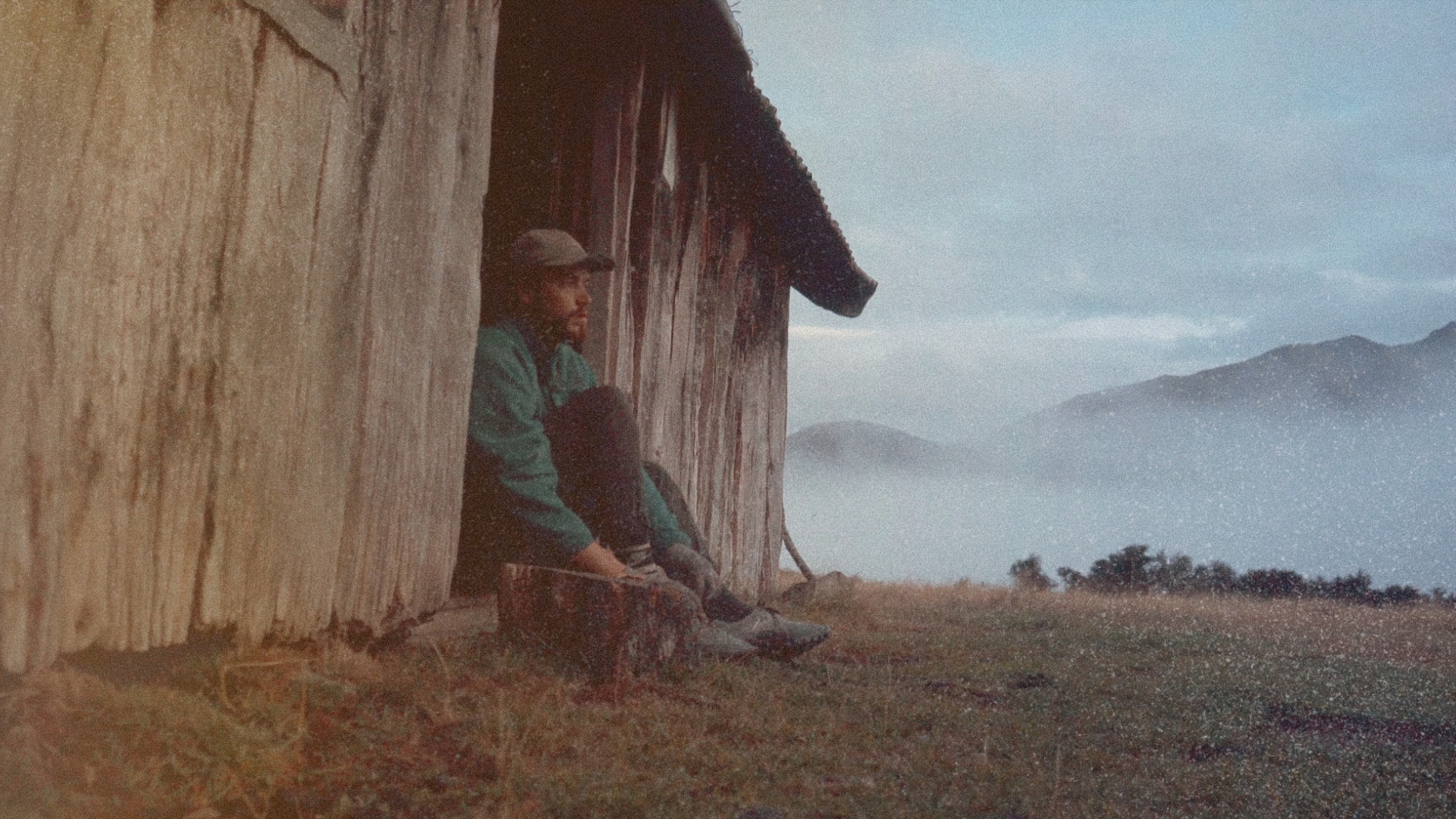There’s a profound truth about solitude and loneliness, a theme that resonates deeply within me. I’ve always struggled with forming meaningful relationships, often finding myself retreating into solitude. But is this a sanctuary or a prison of my own making? This dichotomy between solitude and loneliness is a topic I’ve pondered extensively, and it’s one that I believe holds significant importance in our fast-paced, always-connected society.
The Fear of Being Alone
Our society has developed an aversion to solitude. Studies show that people would rather endure an electrical shock than sit alone with their thoughts. We are addicted to stimulation, constantly seeking the company of others or the distractions of technology. But why do we fear being alone so much? The answer lies in our perception of solitude versus loneliness.
Solitude vs. Loneliness
Solitude is a state of being alone that can be empowering and transformative, allowing us to connect with our inner selves. Loneliness, on the other hand, is an unwanted state of isolation, a feeling of disconnection from others. The key difference between them is our relationship with our sense of self. Solitude can lead to greater self-awareness, creativity, and personal growth, whereas loneliness can result in social isolation and a sense of rejection.
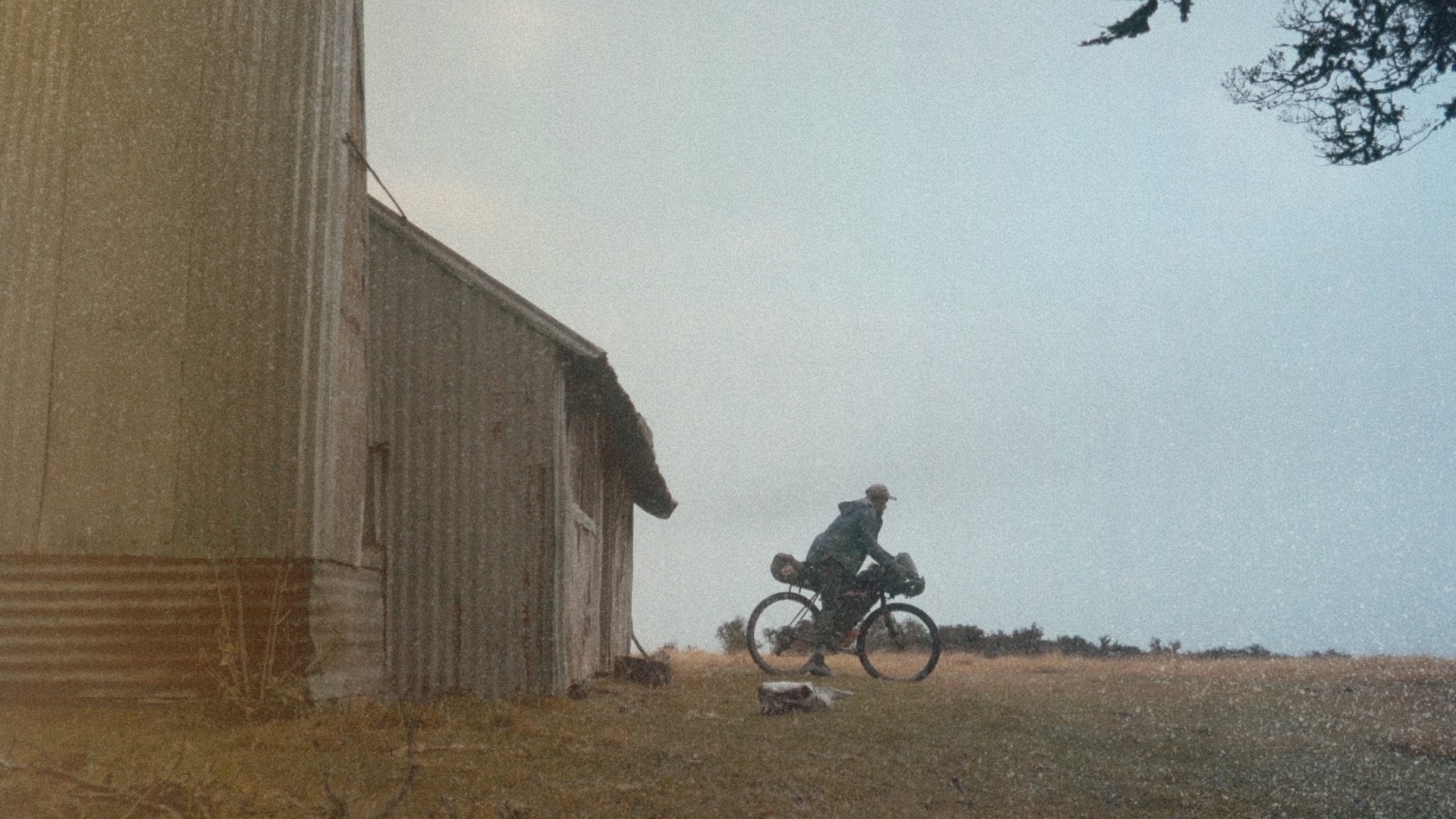
My Journey through Solitude
As someone who has never been in a proper relationship despite turning 26 this year, I’ve felt an increasing urge to find love, mistaking it as the solution to a sense of incompleteness in my life. However, researchers at the University of Toronto suggest that the fear of being alone often leads people to settle for less satisfying relationships. I’ve learned that finding happiness in being alone is not just possible but immensely fulfilling.
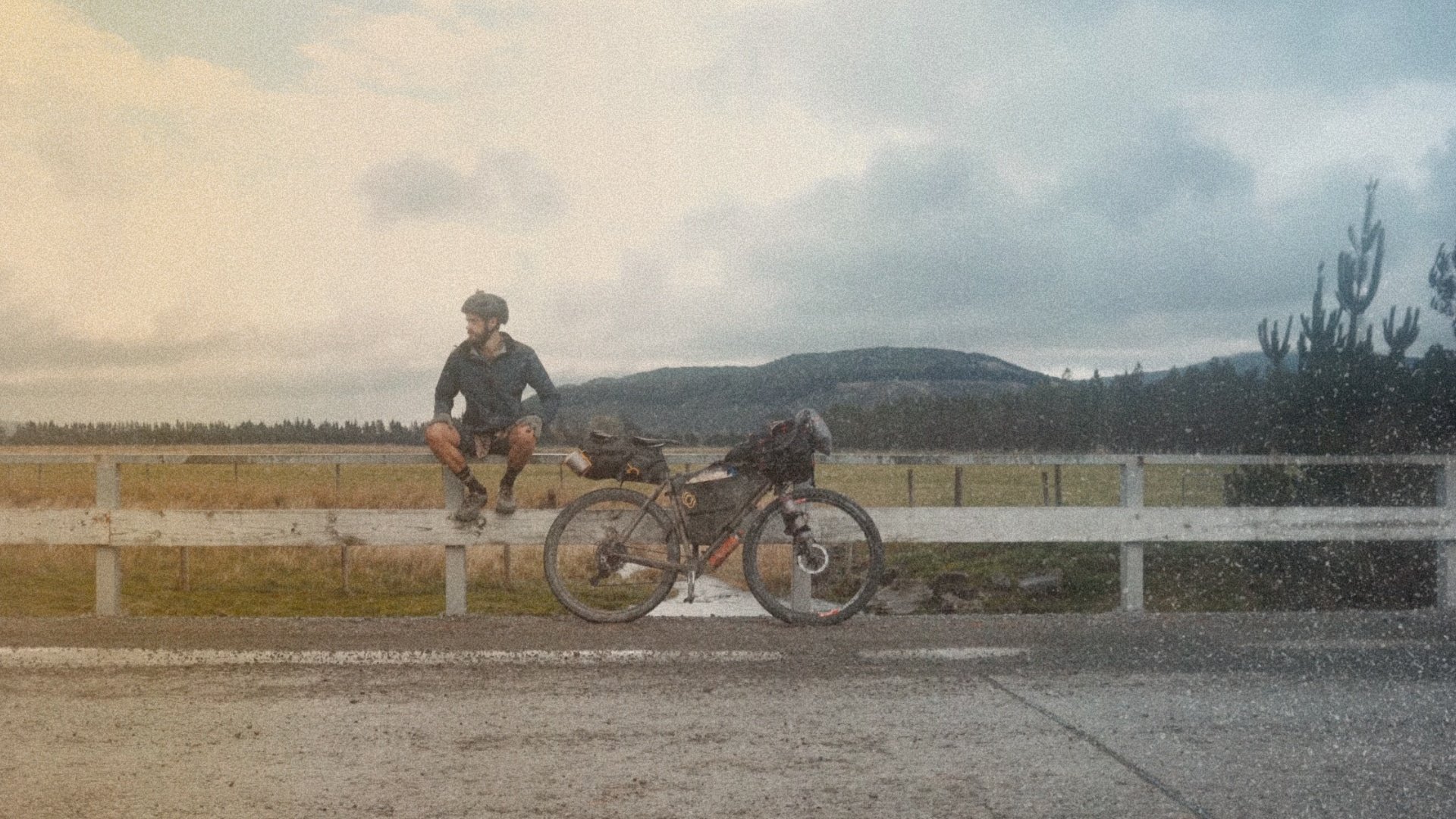
Creativity in Solitude
Creativity often flourishes in solitude. When I was younger, my passion for drawing led me to sell tattoo designs at just 12 years old. That sense of creating something that resonated with others was exhilarating. Reconnecting with that creative spark requires embracing solitude, stepping back from the noise of the world to listen to the whispers of inspiration.
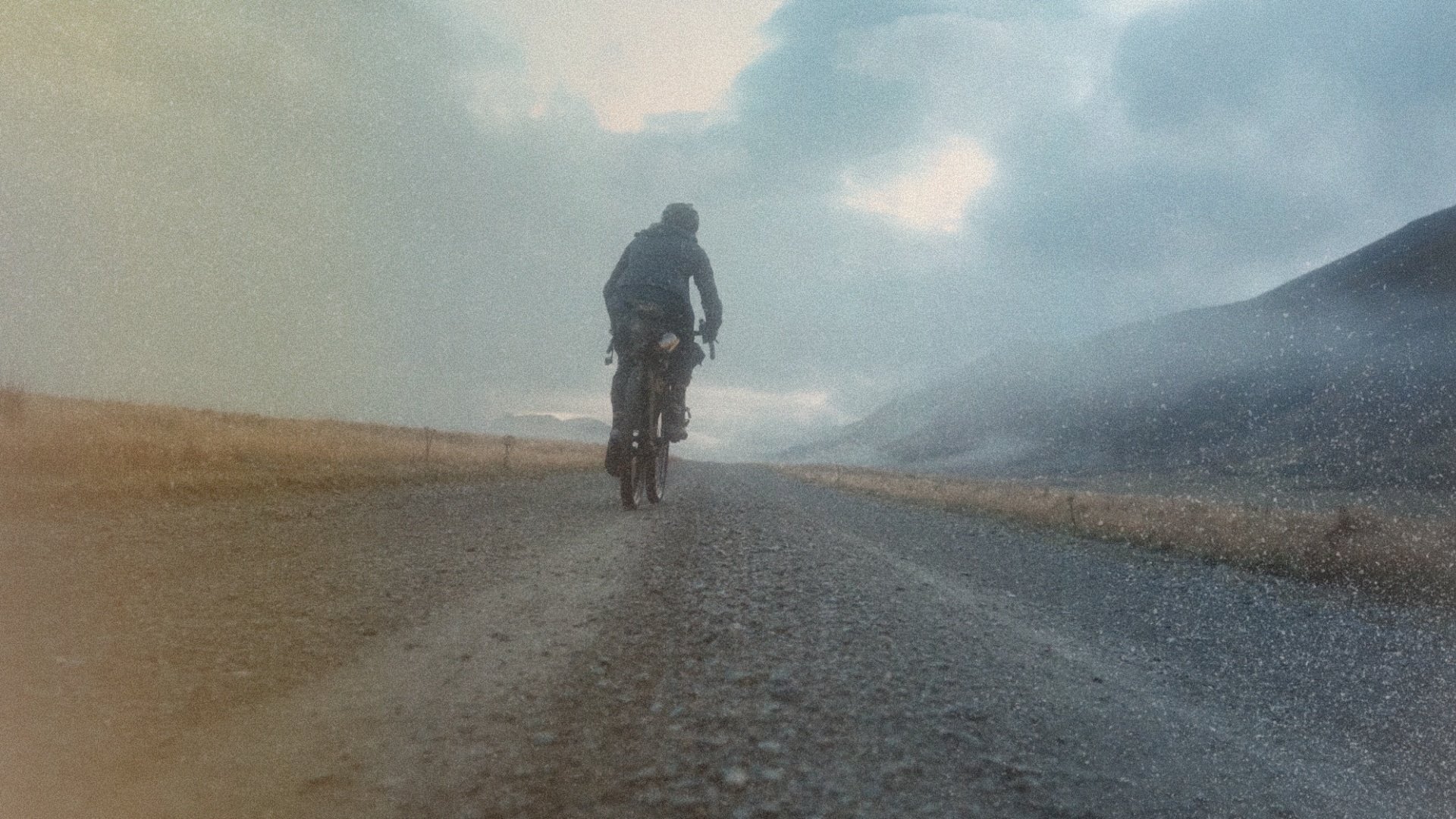
Solitude in Travel and Nature
Travel has always been a catalyst for my creativity. My solo journey across Japan was a testament to this. Immersing myself in different cultures and landscapes, away from the familiar, spurred a deeper connection to my surroundings and my creative self. I believe travel, especially solo travel, offers a unique opportunity for self-discovery and creative exploration.
Embracing the Art of Being Alone
Embracing solitude is not about shunning society but about finding a balance. It’s about learning to be comfortable with your own company, to appreciate the freedom it offers. As I venture into new experiences, whether through travel or artistic endeavors, I find that solitude becomes a companion, a space where creativity and self-discovery thrive.
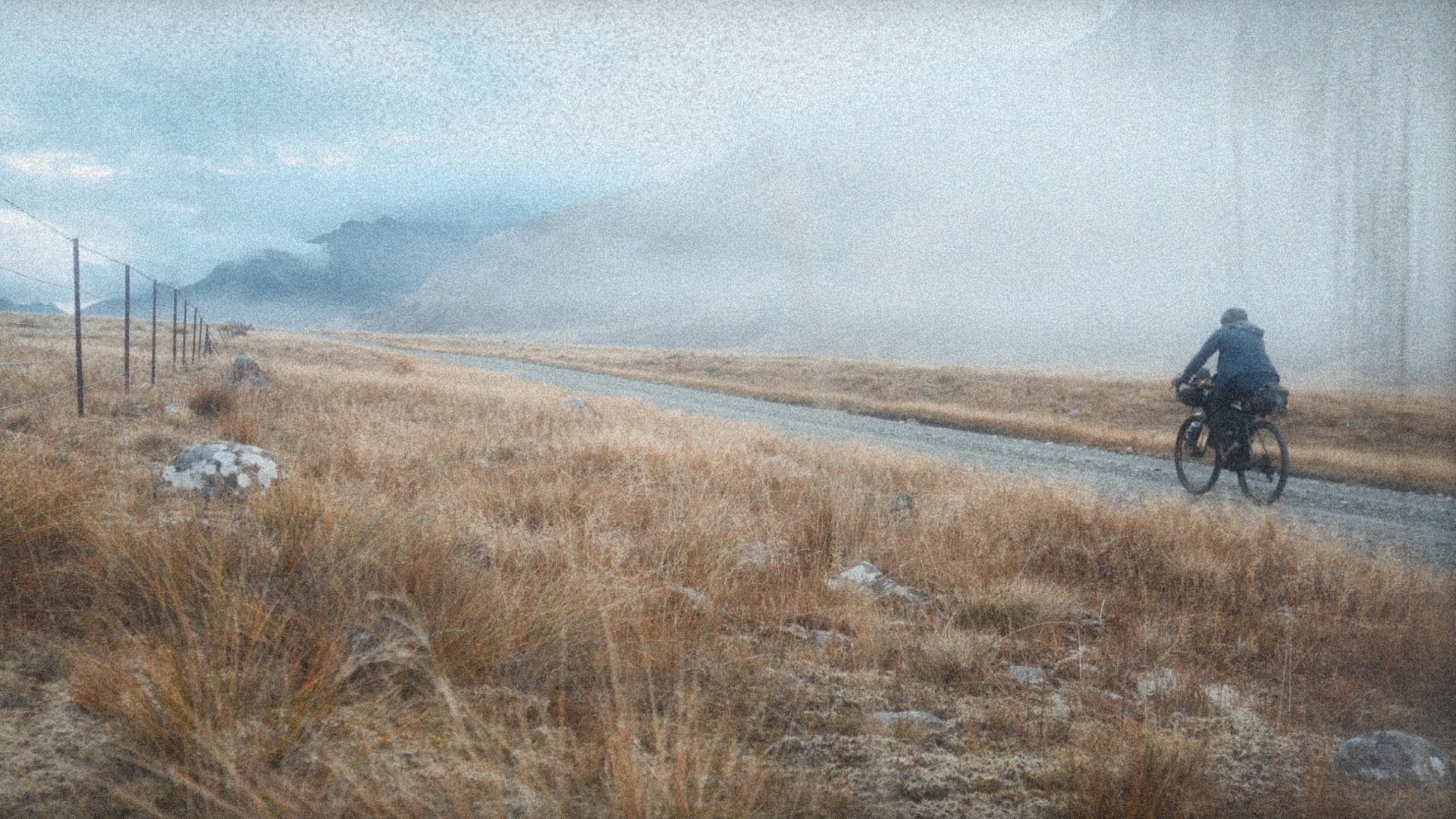
Conclusion: Finding Peace in Solitude
In conclusion, solitude is not something to be feared but embraced. It offers a path to self-awareness and creativity, allowing us to connect with our deepest selves. As I continue my journey, I am learning to cherish the moments of solitude, finding peace and inspiration in them. And I encourage you, too, to explore the art of being alone, to discover the profound joy and creativity it can bring into your life.
FAQ’s
How can solitude lead to creative fulfillment? Solitude frees us from distractions and external influences, allowing deeper engagement with our thoughts and ideas. This unfiltered self-reflection fosters creativity, as the mind can explore and innovate without constraints.
What are the benefits of being alone for personal growth? Being alone offers the opportunity for introspection, relaxation, and emotional processing, essential for personal growth. It cultivates self-awareness and understanding, crucial for developing a deeper sense of self.
How does solo travel change your life and perspective? Solo travel introduces new experiences, cultures, and environments, impacting one’s worldview. It increases empathy, broadens understanding, and can significantly alter one’s perspective on life and self.
Why is solitude important for creativity and self-discovery? In solitude, creative thoughts can flourish without external pressures or judgments. It’s a state where self-discovery happens as you confront and understand your innermost thoughts and feelings.
Can traveling alone improve mental health and well-being? Traveling alone can indeed improve mental health by providing a change of scenery and a break from daily routines. It allows for mental clarity, stress reduction, and a unique form of self-therapy through exploration and new experiences.
What are the best solo travel destinations for self-reflection? Destinations offering tranquility, natural beauty, and a break from the hustle of daily life are ideal. Quiet countryside retreats, serene beaches, or contemplative historical sites can provide the perfect backdrop for self-reflection.
How to transform loneliness into a positive, creative experience? Transforming loneliness into a positive experience involves seeing solitude as an opportunity for peace, freedom, and deep personal work. Engaging in fulfilling activities and setting personal goals during alone time can turn loneliness into a productive and creative state.
What are some tips for embracing solitude without feeling lonely? To embrace solitude without feeling lonely, engage in activities that you find personally fulfilling, set specific goals for your alone time, and maintain a mindset that values self-discovery and personal growth.
Why is it important to spend time alone for personal development? Spending time alone is essential for personal development as it builds self-reliance, decision-making skills, and helps in understanding personal values and desires. It fosters independence and a stronger sense of self.
How does solo travel impact your understanding of the world and yourself? Solo travel forces you into new situations that can be challenging, fostering resilience and independence. It provides a broader perspective of the world and deepens your understanding of yourself in relation to it.
